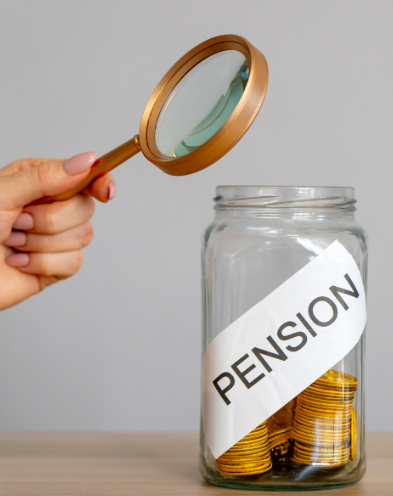If you’re in your mid-40s and have accumulated £250,000 in your pension pot, you may be wondering if retiring before the traditional age of 67 is achievable. With proper planning and smart investment strategies, the answer might be yes.
Setting Your Retirement Goals and Estimating Expenses
Before considering early retirement, it’s important to understand what kind of lifestyle you aim for and how much money you’ll need each year. Research from the Pension and Lifetime Savings Association and the University of Loughborough indicates that a “comfortable” retirement for an individual requires around £43,900 annually. This amount covers essential expenses such as groceries, vacations, and clothing, though it’s more of a modest lifestyle rather than a luxurious one.
The first step in your retirement planning should be defining your goals and aligning them with your financial situation, ensuring your expectations match what your savings can realistically achieve.
Saving Strategies for an Early Retirement
With £250,000 already in your pension pot, saving an additional £1,000 per month will help you reach your early retirement goal. If you earn £80,000 annually, this would amount to approximately 15% of your salary. Fortunately, a large portion of this can come from employer contributions, easing the strain on your finances.
If you’re 45 now, and your savings grow at a conservative 4% annually, by the time you’re 60, your pension pot could approach £700,000. This would give you a solid base to fund your retirement.
Understanding the 4% Rule
The 4% rule, developed by economist William Bengen after studying 50 years of investment data, suggests that you can withdraw 4% of your retirement pot each year, and it will last for 30 years. If you apply this rule to your £700,000 pension, you could withdraw £28,000 a year. While this may not be the luxurious retirement some envision, it does provide a good foundation.
However, it’s important to note that the 4% rule is a general guideline, not a guaranteed strategy. A more personalized approach to retirement planning is necessary to account for variations like fluctuating market conditions, unexpected expenses, and changing withdrawal patterns. Working with a financial adviser to develop a detailed cash flow plan will give you a clearer picture of what’s needed to achieve your retirement goals.
The Role of the State Pension in Early Retirement
One of the key advantages of early retirement planning is the State Pension. After making 35 years of National Insurance contributions, you are eligible for a full State Pension, which in 2023 is around £11,973 annually. This income, which rises with inflation, can significantly extend the life of your pension savings. In the first seven years of retirement, you’ll rely solely on your personal savings, but the State Pension will kick in later, bolstering your income and helping you reach the £43,900 target for a comfortable lifestyle.
Optimising Investments and Minimising Taxes
As you approach early retirement, it’s important to manage your investments wisely and minimize the taxes you’ll face in retirement. By using various tax-efficient investment accounts, you can reduce your tax burden while still growing your savings at a healthy rate. The right investment strategy will be key to ensuring that your pension pot grows enough to support your early retirement.
Working with professionals, such as a financial planner or investment manager, can help optimize your strategy and ensure that you’re on track to reach your retirement goals.
Conclusion
With £250,000 in your pension, early retirement is a real possibility with the right planning. By understanding your expenses, optimizing savings and investments, and leveraging tax-efficient strategies, you can create a solid plan for retiring earlier than most. Make sure to regularly review your plan with a financial adviser to ensure that your retirement is both achievable and sustainable, regardless of what life throws your way.



